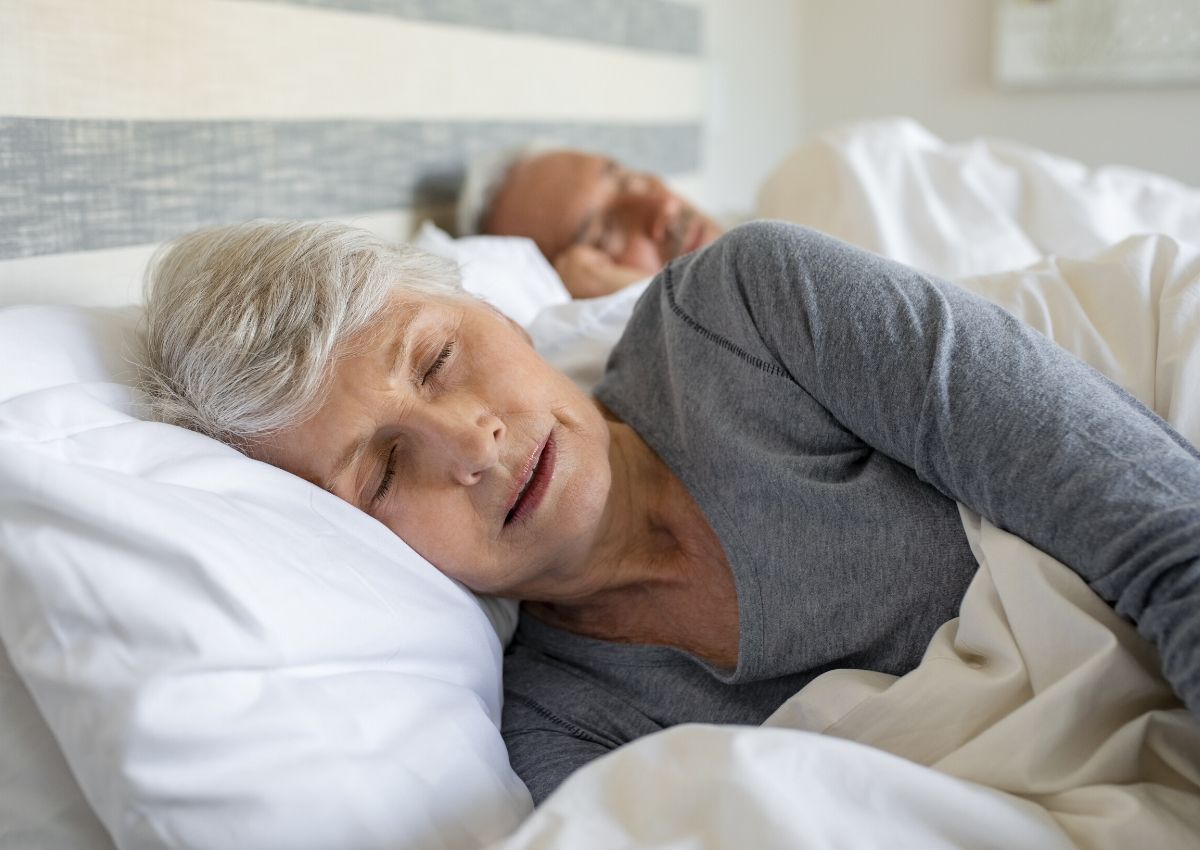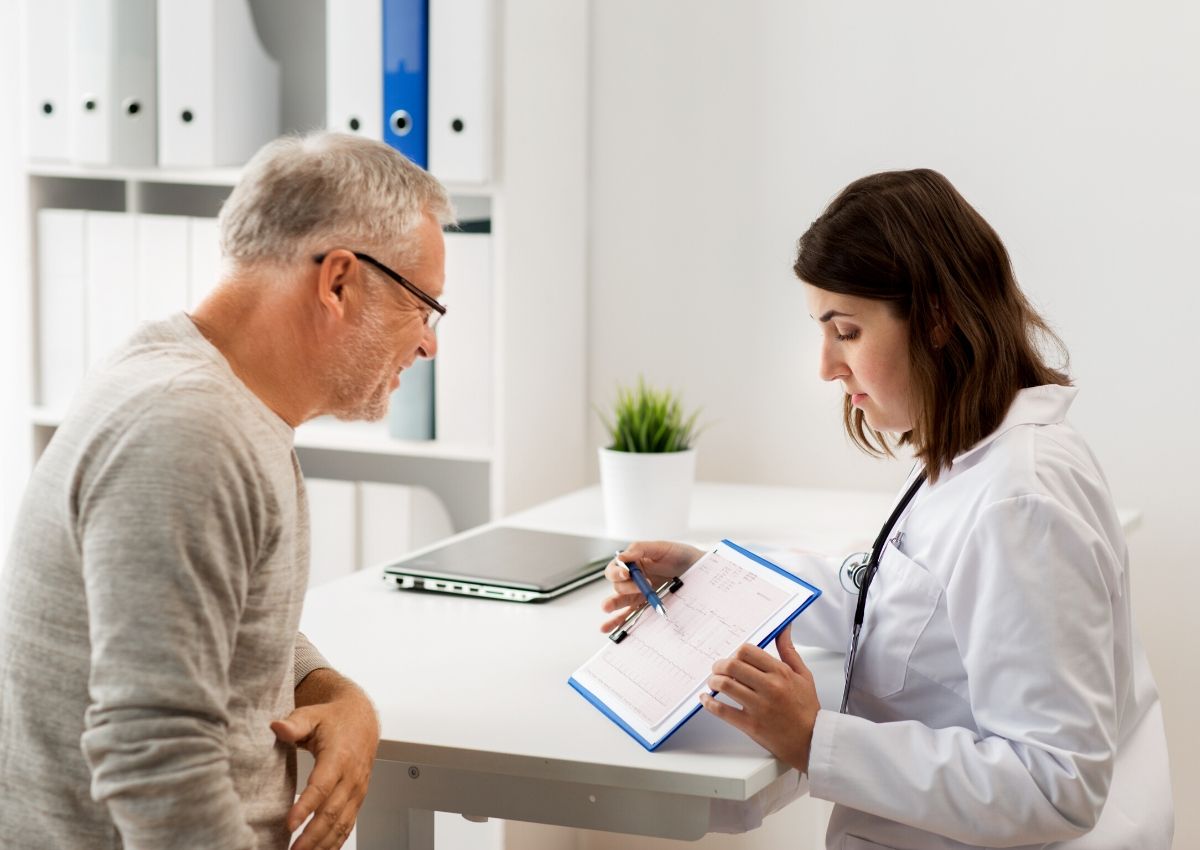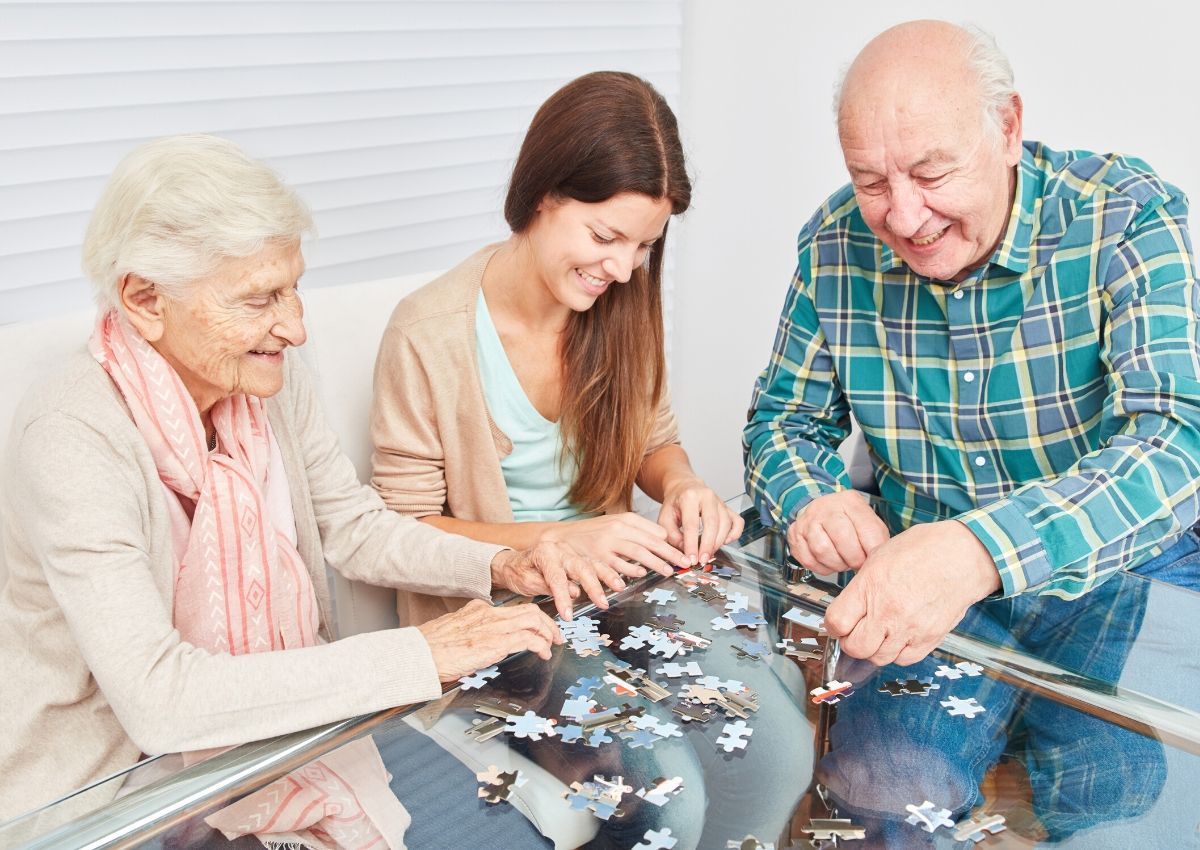June is June is Alzheimer’s and Brain Awareness Month
Every 67 seconds someone is newly diagnosed with Alzheimer’s.
Everyone who has a brain is at risk to develop Alzheimer’s, the only leading cause of death that cannot be prevented, cured or even slowed.
Who is affected by Alzheimer’s?
Alzheimer’s disease affects an estimated 5.5 million Americans of all ages. By 2050, this number could rise as high as 16 million. Every 67 seconds, someone in the U.S. develops Alzheimer’s. Of those living with Alzheimer’s disease, 5.3 million are age 65 and older. About one in 10 people age 65 and older has Alzheimer’s. Almost two-thirds of Americans with Alzheimer’s are women.
What are the signs of Alzheimer’s?
If your loved one is experiencing a decline in memory, thinking or reasoning skills, it may be a sign your loved one has Alzheimer’s or dementia. Here are some of the common symptoms of Alzheimer’s. (Signs and symptoms may vary from one individual to the next.)
Memory loss that disrupts daily life
Changes in mood and personality
Confusion with time or place
Decreased or poor judgement
Difficulty completing familiar tasks at home, at work or at leisure
Trouble understanding visual images and spatial relationships
Misplacing things and losing the ability to retrace steps
Withdrawal from work or social activities
Challenges in planning or solving problems
New problems with words in speaking or writing
What can you do for better brain health?







